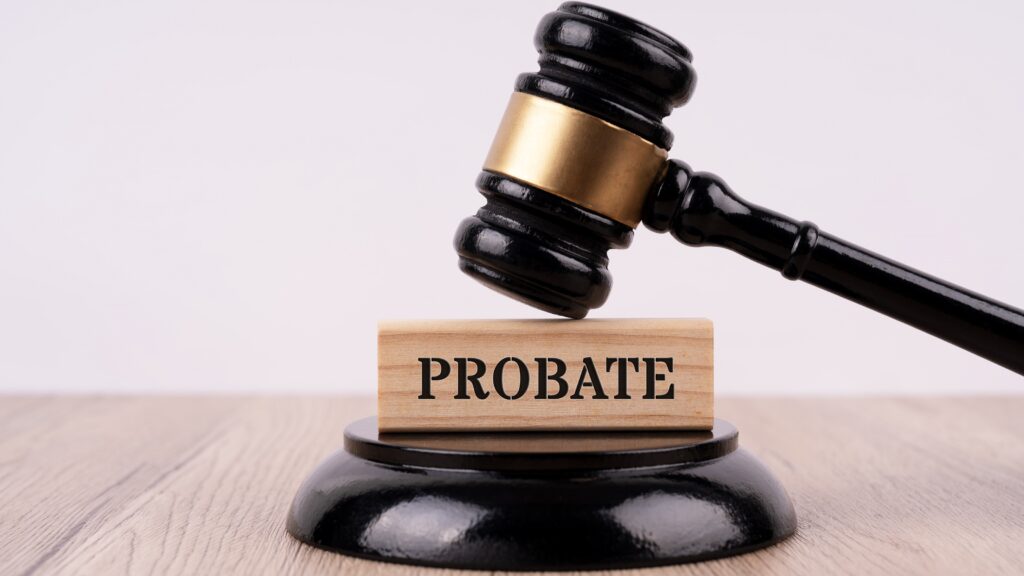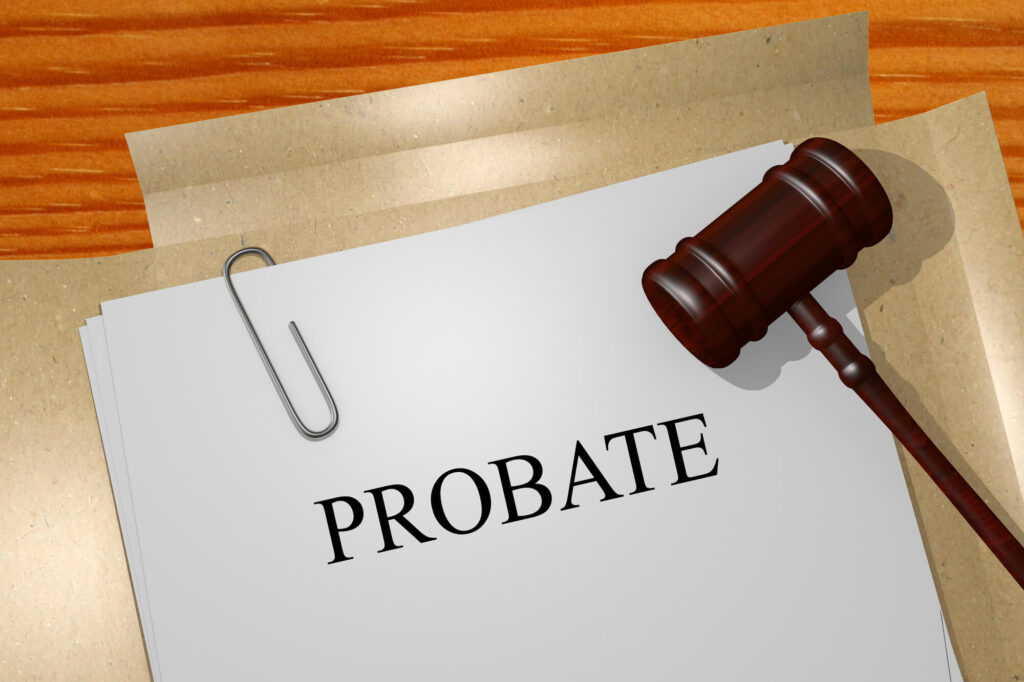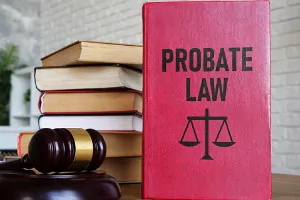Common Mistakes to Avoid When Filing for Probate in Texas
Filing for probate can be a complex process, and many individuals make common mistakes that can delay proceedings or complicate the estate administration. It's crucial to understand these pitfalls to navigate the probate process effectively.
Some frequent errors include failing to file the will with the court promptly, not notifying all interested parties, and neglecting to keep accurate records of estate assets. By being aware of these mistakes, you can ensure a smoother probate experience and avoid potential legal complications.
Understanding the Role of an Executor in Texas Probate
The executor plays a vital role in the probate process, acting as the individual responsible for managing the estate according to the deceased's wishes. Understanding the duties of an executor can help ensure that the probate process runs smoothly.
In Texas, an executor must file the will with the probate court, notify heirs and beneficiaries, pay debts and taxes, and distribute the remaining assets. Familiarizing yourself with these responsibilities can help executors fulfill their roles efficiently and avoid legal issues.
Probate Alternatives: Exploring Less Formal Options
While probate is often necessary, there are alternatives available that can simplify the process and reduce costs. Understanding these options can provide a more efficient way to handle estate matters.
Alternatives such as living trusts, small estate affidavits, and joint tenancy can allow for the transfer of assets without going through the formal probate process. These methods can save time and money, making them appealing for many families dealing with estate planning.
Frequently Asked Questions About Texas Probate
Many individuals have questions regarding the probate process in Texas, and addressing these frequently asked questions can provide clarity and guidance. This section aims to answer common inquiries that arise during probate.
Questions such as "How long does the probate process take?" and "What happens if someone dies without a will?" are common concerns. Providing clear answers to these questions can help demystify the probate process and assist individuals in making informed decisions.
Common Mistakes to Avoid When Filing for Probate in Texas
Filing for probate can be a complex process, and many individuals make common mistakes that can delay proceedings or complicate the estate administration. It's crucial to understand these pitfalls to navigate the probate process effectively.
Some frequent errors include failing to file the will with the court promptly, not notifying all interested parties, and neglecting to keep accurate records of estate assets. By being aware of these mistakes, you can ensure a smoother probate experience and avoid potential legal complications.
Understanding the Role of an Executor in Texas Probate
The executor plays a vital role in the probate process, acting as the individual responsible for managing the estate according to the deceased's wishes. Understanding the duties of an executor can help ensure that the probate process runs smoothly.
In Texas, an executor must file the will with the probate court, notify heirs and beneficiaries, pay debts and taxes, and distribute the remaining assets. Familiarizing yourself with these responsibilities can help executors fulfill their roles efficiently and avoid legal issues.
Probate Alternatives: Exploring Less Formal Options
While probate is often necessary, there are alternatives available that can simplify the process and reduce costs. Understanding these options can provide a more efficient way to handle estate matters.
Alternatives such as living trusts, small estate affidavits, and joint tenancy can allow for the transfer of assets without going through the formal probate process. These methods can save time and money, making them appealing for many families dealing with estate planning.
Frequently Asked Questions About Texas Probate
Many individuals have questions regarding the probate process in Texas, and addressing these frequently asked questions can provide clarity and guidance. This section aims to answer common inquiries that arise during probate.
Questions such as "How long does the probate process take?" and "What happens if someone dies without a will?" are common concerns. Providing clear answers to these questions can help demystify the probate process and assist individuals in making informed decisions.










